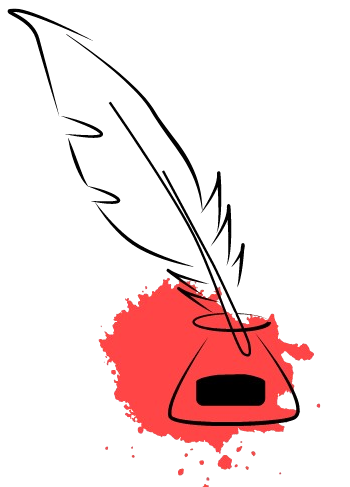Adolf Hitler, born on April 20, 1889, in Braunau am Inn, Austria, was one of the most infamous dictators in history, leading Nazi Germany from 1933 to 1945. His life and actions left an indelible mark on the 20th century, particularly through the atrocities of World War II and the Holocaust.

Early Life and Rise to Power
Hitler’s early life was marked by a strict upbringing. His father, Alois Hitler, was a stern Austrian customs official, while his mother, Klara, was loving and indulgent. Hitler struggled academically and dropped out of school with dreams of becoming an artist, a dream that was thwarted when he was rejected twice by the Academy of Fine Arts in Vienna. After his mother’s death in 1907, he moved to Vienna, where he lived a lonely and impoverished life, developing his early ideological beliefs, including his deep-seated anti-Semitism and German nationalism.
In 1913, Hitler moved to Munich, Germany, and when World War I broke out the following year, he enlisted in the Bavarian Army. He served as a dispatch runner, was wounded twice, and was awarded the Iron Cross for bravery. The war profoundly impacted Hitler, and Germany’s defeat in 1918 left him feeling betrayed and humiliated. This sentiment, coupled with the harsh terms of the Treaty of Versailles, which ended the war, fueled his political ambitions.
Entry into Politics
After the war, Hitler remained in the army and was tasked with monitoring the activities of political groups. This role led him to the German Workers’ Party (DAP), a small nationalist and anti-Semitic group. Hitler joined the DAP in 1919, and his oratory skills quickly made him a prominent figure. In 1920, the DAP was renamed the National Socialist German Workers’ Party (NSDAP), or the Nazi Party.
By 1921, Hitler had become the leader of the Nazi Party, advocating for a platform that combined nationalism, anti-Semitism, and anti-communism. His fiery speeches drew in many Germans who were disillusioned with the Weimar Republic and its perceived weakness. In 1923, emboldened by the party’s growing strength, Hitler and his followers attempted a coup in Munich, known as the Beer Hall Putsch. The coup failed, and Hitler was arrested and sentenced to prison, where he wrote his autobiography and political manifesto, Mein Kampf.
Rise to Power and Dictatorship
After his release from prison in 1924, Hitler worked to rebuild the Nazi Party and gain power through legal means. The Great Depression of 1929 created widespread economic hardship in Germany, which Hitler exploited to gain popular support. The Nazi Party became the largest party in the Reichstag by 1932, and in January 1933, Hitler was appointed Chancellor of Germany.
Once in power, Hitler quickly moved to consolidate his control. The Reichstag Fire in February 1933 was used as a pretext to pass the Reichstag Fire Decree, which suspended civil liberties and allowed for the arrest of political opponents, particularly Communists. In March 1933, the Enabling Act was passed, giving Hitler dictatorial powers. By 1934, after the purge known as the Night of the Long Knives, Hitler had eliminated potential rivals within the Nazi Party and had complete control over Germany.
Hitler’s aggressive foreign policy led to the outbreak of World War II in 1939 when Germany invaded Poland. His vision of a Greater German Reich and the creation of a racially pure state led to the conquest of much of Europe. Hitler’s regime was also responsible for the Holocaust, the systematic genocide of six million Jews, as well as millions of others deemed “undesirable” by the Nazi ideology, including Romani people, disabled individuals, political dissidents, and more.
Downfall and Death
By 1944, the tide of war had turned against Germany, and Hitler’s health and mental state began to deteriorate. The Allies closed in on Germany from the east and west, and by April 1945, Soviet forces had encircled Berlin. On April 30, 1945, with defeat imminent, Hitler committed suicide in his bunker alongside his wife, Eva Braun, whom he had married the day before.
Legacy
Hitler’s legacy is one of unparalleled destruction and evil. His pursuit of power and implementation of a totalitarian regime led to the deaths of millions and left Europe devastated. The consequences of his actions shaped the post-war world, leading to the establishment of the United Nations and a renewed focus on human rights to prevent such atrocities from happening again.
Hitler remains a figure of intense study and controversy, serving as a stark reminder of the dangers of totalitarianism, unchecked power, and the catastrophic results of extremist ideologies. His life and actions continue to be a subject of significant historical inquiry and moral reflection.

Get involved!
Comments